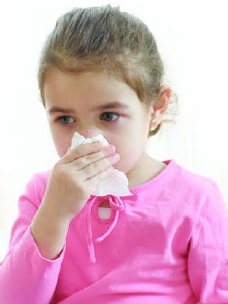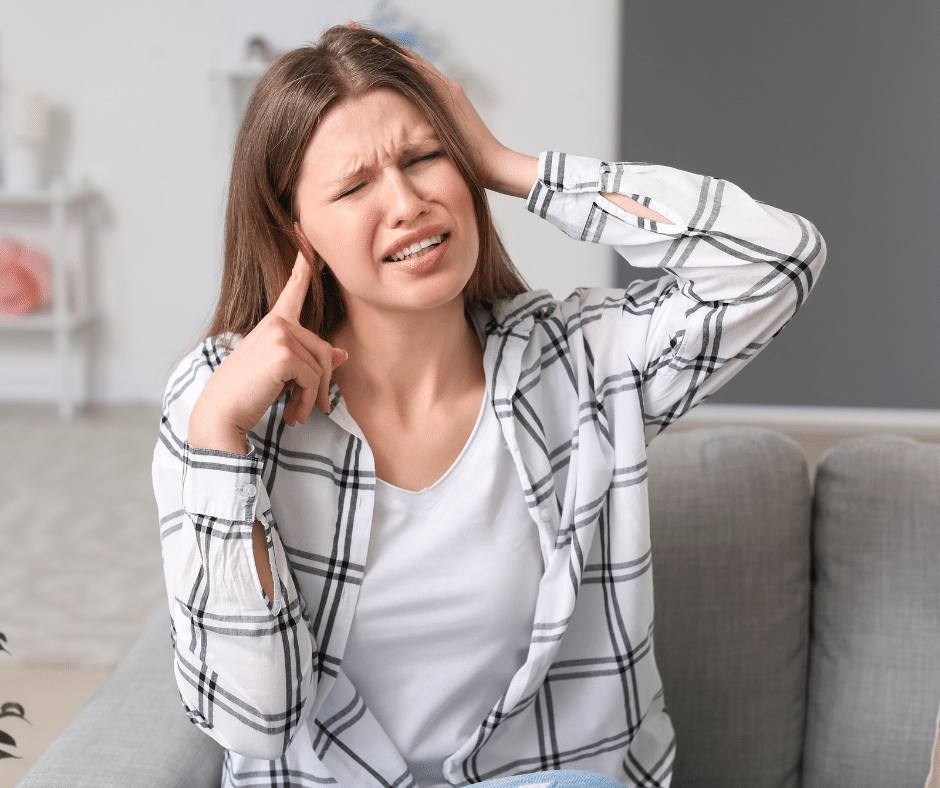
Keep Allergens out of Your Home
It’s that time of year. The birds are singing, the flowers are blooming, and the pollen counts are sky-high. You can’t reduce the amount of pollen outside, but you can make this season a little less sneezy by cleaning up the air inside your home.
See Also: Is is a Cold or Home Allergies?
Don’t Let It In
While opening windows for ventilation is usually good for your indoor air quality, during pollen season that’s not always the case. It’s particularly important to keep your windows closed during the morning hours when pollen counts are highest.
Clean It Up
Vacuum cleaners can actually make allergies worse by sending dust and pollen particles flying into the air. Use a vacuum with a HEPA filter so those allergens get caught, and not released! When you dust, use a damp rag so pollen sticks to it instead of getting thrown around.
See Also: Are All Air Filters the Same?
Wash It Off
Washing your hair when you get home or before bedtime can significantly reduce the amount of pollen in your home, and especially on your pillow! Regularly bathing dogs, or having somebody who isn’t allergic give them a good brushing, can also keep them from leaving pollen all over your home.
Filter It Out
A good air intake filter can do a lot to reduce the pollen in your home’s air. A pleated fiberglass filter with a MERV rating of about 6-8 will catch most pollen as well as mold spores that can also cause allergic reactions. Just make sure that you change it monthly and that it isn’t rated too high for your HVAC system.
Scrub the Air
The next step beyond filtering is purifying. Room air purifiers vary greatly in their effectiveness, so check ratings and make sure the one you choose doesn’t emit ozone, which can irritate the lungs. For the ultimate in clean air, consider a whole-house air purifier. These units are installed inside of your existing HVAC and use technology such as UV lights and HEPA filtration to capture and destroy allergy-causing particles, including pollen, dust mites, and mold spores.


